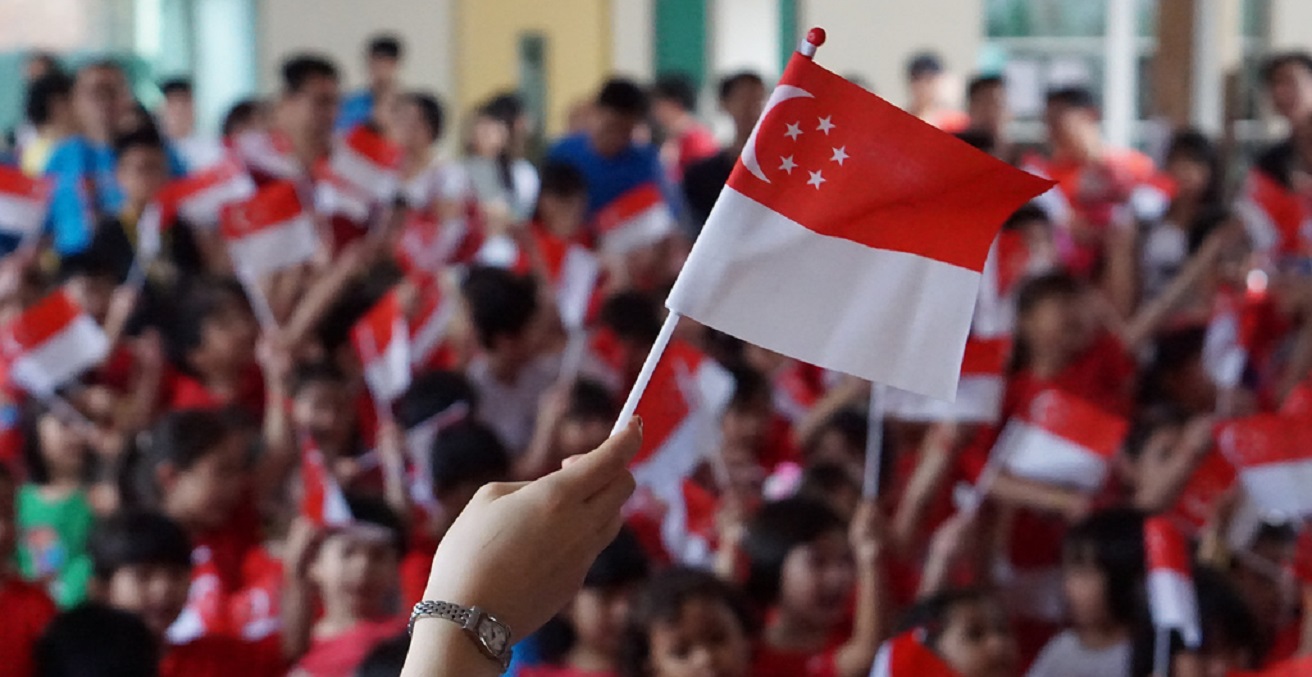Singaporeans to vote in parliamentary elections amid fears and desire for change
Singapore’s unicameral legislature is set for renewal. A divided electorate could decree the end of the hegemony of the People’s Action Party. Fears of instability are likely to affect the economy, while negotiations with the United States on tariffs are underway. In a country with an aging population, immigration remains an unresolved issue.
Singapore (AsiaNews) – Everything is ready for tomorrow's elections to renew Singapore’s parliament. After an intense but fair electoral campaign, voters are more divided over the possibilities and the fears of change than on any party proposals or along ideological lines.
The latest rallies yesterday evening by five of the ten opposition parties and one of independent candidate show that the desire for change comes with many fears in a country ruled uninterruptedly by the People's Action Party since the founding of the Republic of Singapore in 1965.
The ruling party People’s Action Party has played up some of the fears, warning that its defeat at the polls might undermine the country’s stability and economic potential, not to mention coexistence, which has come at a certain cost with restrictions on personal rights and freedoms.
Singapore’s fourth prime minister, Lawrence Won, 52, has been stressing this point, adding that that if Deputy Prime Minister Gan Kim Yong is not re-elected, businesses and workers will suffer since he heads a taskforce charged with managing the uncertainties arising from US tariffs.
Opposition parties disagree. The Workers' Party, the Progress Singapore Party and the Singapore Democratic Party have dismissed Wong's fears, noting that only through a democracy process can key issues be identified and solutions proposed for the small city-state of 735.7 km2 and six million people, a mosaic of faiths and ethnic groups who have worked together over time to guarantee peace and social harmony.
For many, this stability is seemingly threatened by global challenges as well as immigration in a country whose economy is highly dependent on exporting high value-added goods, and whose leaders have managed to keep away from growing regional tensions, guaranteeing one of the highest per capita incomes in the world.
Opposition parties are keenly aware that the ruling party will likely win 65 seats or more out of the total 97 in the unicameral parliament, but insist on the fact that a healthy democracy requires a strong watchdog to monitor government actions.
In fact, PAP candidates have been accused of failing to clarify their positions on issues of national interest such as poorly managed public housing (key since demand for housing exceeds supply) and the increase in the Goods and Services Tax amid a global inflationary storm.
The PAP has dismissed the criticism, reiterating its pledge to build 50,000 new flats over three years, provide support for the unemployed and for those facing high housing costs, as well as adding more hospital beds, something especially important for an aging population.
21/03/2023 15:04







.png)










